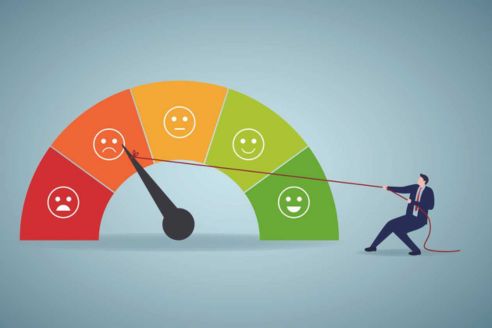Are you feeling overwhelmed by debt and struggling to make ends meet? Debt can have a significant impact on your life, affecting your mental health, relationships, and overall well-being. However, with the right debt management strategies, you can take control of your finances and pave the way for a brighter future. In this article, we will explore how debt management can help you escape the debt trap and transform your life for the better.
The Impact of Debt
Debt can feel like a heavy burden, weighing you down and limiting your options. From high-interest credit cards to student loans and mortgages, debt can quickly spiral out of control if left unchecked. The stress of living paycheck to paycheck, constant collection calls, and the fear of bankruptcy can take a toll on your mental and physical health.
Debt Management Strategies
Fortunately, there are ways to tackle your debt and regain financial stability. Here are some key debt management strategies to help you escape the debt trap:
- Create a budget: Start by creating a detailed budget that outlines your income and expenses. Identify areas where you can cut back on spending and redirect those funds towards paying off your debt.
- Consolidate your debt: Consider consolidating high-interest debt into a lower interest loan or balance transfer credit card. This can help you save money on interest and simplify your repayment plan.
- Negotiate with creditors: Reach out to your creditors to negotiate lower interest rates or more favorable repayment terms. Many creditors are willing to work with you if you demonstrate a genuine effort to repay your debts.
The Benefits of Debt Management
By implementing these debt management strategies, you can experience a range of benefits that go beyond financial stability:
- Reduced stress and anxiety: Managing your debt can help alleviate the mental and emotional burden of financial insecurity.
- Improved credit score: By making timely payments and reducing your debt load, you can boost your credit score and increase your access to credit in the future.
- Increased savings and financial security: As you pay off your debts, you can start building a nest egg for emergencies and long-term goals.
Frequently Asked Questions
Q: How long does it take to pay off debt using debt management strategies?
A: The time it takes to pay off your debt will vary depending on your total debt load, income level, and expenses. By following a structured debt management plan, you can accelerate your debt repayment and achieve financial freedom sooner.
Q: Is debt consolidation a good option for managing debt?
A: Debt consolidation can be a useful tool for simplifying your repayment plan and lowering your overall interest costs. However, it is important to carefully consider the terms and fees associated with any consolidation loan or credit card.
Top 3 Debt Management Tips
- Create a realistic budget and stick to it.
- Negotiate with creditors to lower interest rates or fees.
- Track your progress and celebrate small victories along the way.
Conclusion
Debt management is not just about paying off what you owe; it’s about taking control of your financial future and shaping the life you want to live. By implementing these debt management strategies and staying committed to your goals, you can escape the debt trap and build a more secure and fulfilling future for yourself and your loved ones. Take the first step towards financial freedom today!






